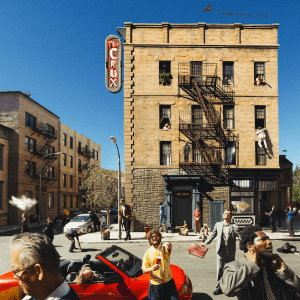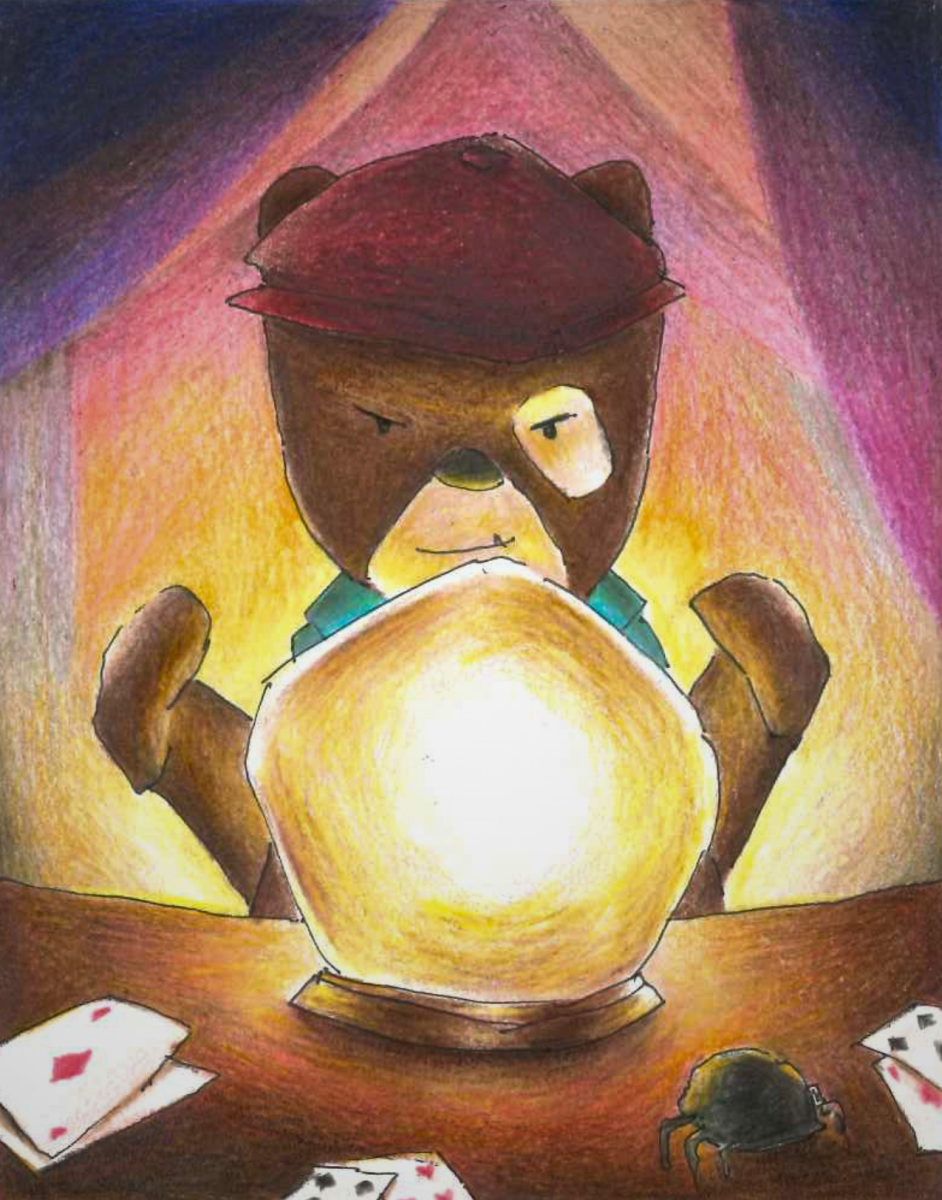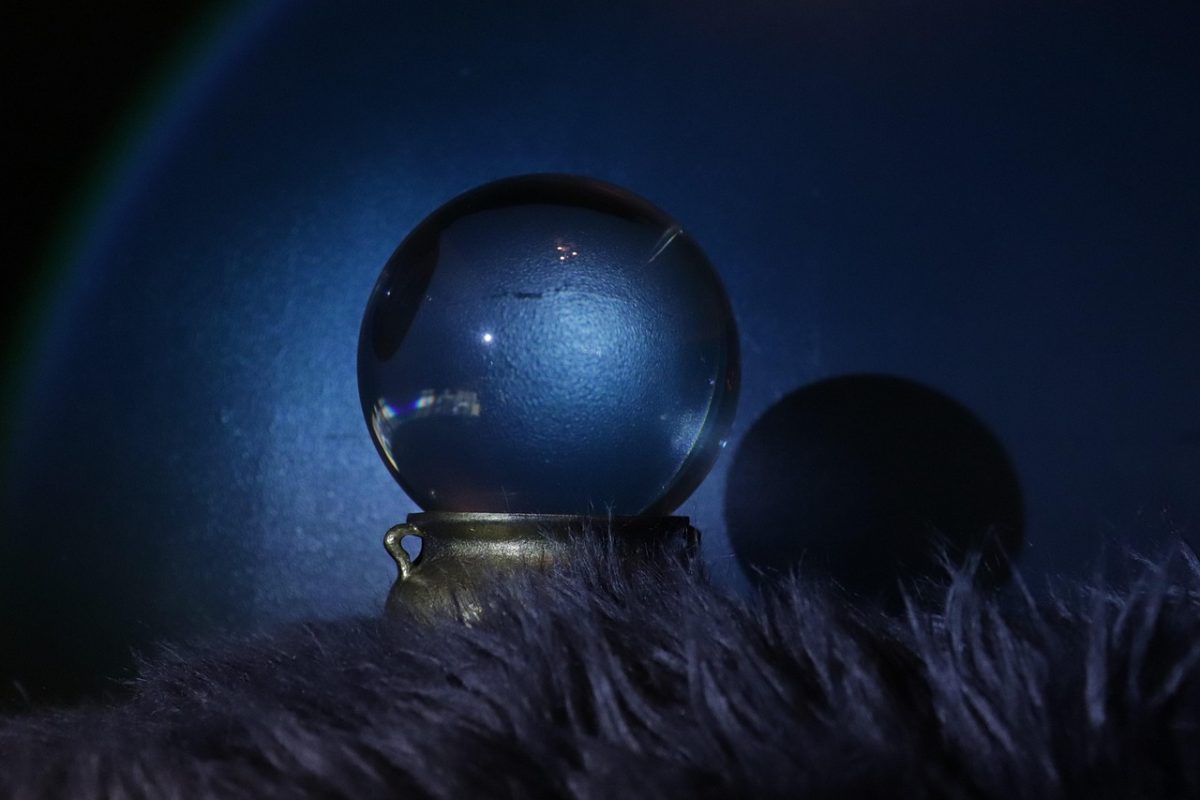By Hannah Mason, Assistant Editor
Returning Hilltopper students, faculty, and staff probably noticed the most visible part of the Green Initiative Committee’s (GIC) new recycling program: the hundreds of blue recycling bins conveniently scattered all over campus, in every building, on every floor. There’s a 32-gallon bin on every floor of every building, a 28-gallon bin for every classroom, and a 14-quart bin for every office on campus.
These bins have inspired the GIC’s slogan, “Blue is the new green.”
At the start of the spring 2015 semester, the GIC began a new recycling program on campus, which should, according to Dr. Dave Thomas, chair of the GIC and the President’s Council of Sustainability, make recycling, “easier for the entire campus community.”Thanks to a $24,700 grant from the WV Department of Environmental Protection (DEP) that Thomas received last year for the GIC, West Liberty University is now able to implement a “single-stream” recycling process to make recycling simpler and more convenient.
Not only are the blue bins, marked with three white Mobius arrows, everywhere you look on West Liberty’s campus, but, according to Thomas, “All recyclables (paper, cardboard, plastic, glass, and cans—aluminum and bi-metal) are placed in the same bin and are then sorted later by Republic Services, our recycling provider.” Before, a few recycling areas on campus were available, but recyclables had to be sorted by hand into their respective bins. Thomas called the new single-stream process “a great improvement.”
It took the combined efforts of many people from the West Liberty community to make the program happen. In addition to the GIC and the President’s Council of Sustainability, Thomas cited the help of Dr. John P. McCullough, Executive Assistant to the President; Jim Stultz, Vice President of Human Resources; Eric Caldwell, Area Manager of Republic Services; Pat Henry, Chief of Operations; Shelly Klatt, Director of Custodial Services; J. Ed Stewart, Director of Procurement; and “Bo” McConnaughy, Recycling Monitor, who all helped with various and invaluable parts of the process of getting the program up and running.
Thomas emphasized the importance of following the “do’s” and “don’ts” of recycling, which can be found in full on the GIC website. “It is imperative,” he said, “that glass, bottles, and can containers be empty for recycling—not even ‘backwash’ should be included. Also, any paper/cardboard products used to contain food must be free of any residue—no grease, no cheese, no sauce, etc.”
He added, “WLU will receive a billing-credit for recycled materials; however, contaminated loads (with liquids and/or food residue) and/or ‘garbage’ will not be credited.” The rules must be followed to ensure the continuation of the recycling program.
The list of “do’s” for recycling include plastic (as long as it has a number 1 through 7 printed on the bottom of the item), rinsed-out aluminum, steel, and bi-metal cans, cardboard, and paper.
“Don’ts” include not only garbage and anything with food residue but also a list of items such as paper plates, plastic bags, aluminum foil, and plastic utensils.
According to Thomas, the GIC will continue to add color to the West Liberty campus, with more green initiatives to come. On Wed. April 22, the third annual West Liberty Environmental Education Day (WLUEED-3), will be held in the College Union. Also, Thomas said to look out for upcoming “development of energy and water conservation programs, the consideration of up-cycling programs, the inculcation of an ombudsman’s position, the creation of ‘green’ purchasing policies, and a redirection of thinking regarding all currently existing resources.”
The GIC encourages everyone in the West Liberty community to join in the recycling efforts, and to help spread the word. The GIC is also looking for additional student volunteers, Thomas said.
For more information or to volunteer, go to the GIC website, green6665.wix.com/g-I-c, or send an email to [email protected] for any comments, questions, or concerns. Anyone with further questions can also contact Dave Thomas ([email protected]), Recycling Monitor Bo McConnaughy (mcconnobo@westliberty), or Jill Nixon ([email protected]).
“We must all understand that we are stewards of the Earth and that we have a moral obligation to preserve our planet for all future generations to come,” Thomas said. “Recycling is not a luxury; it is a necessity!”







